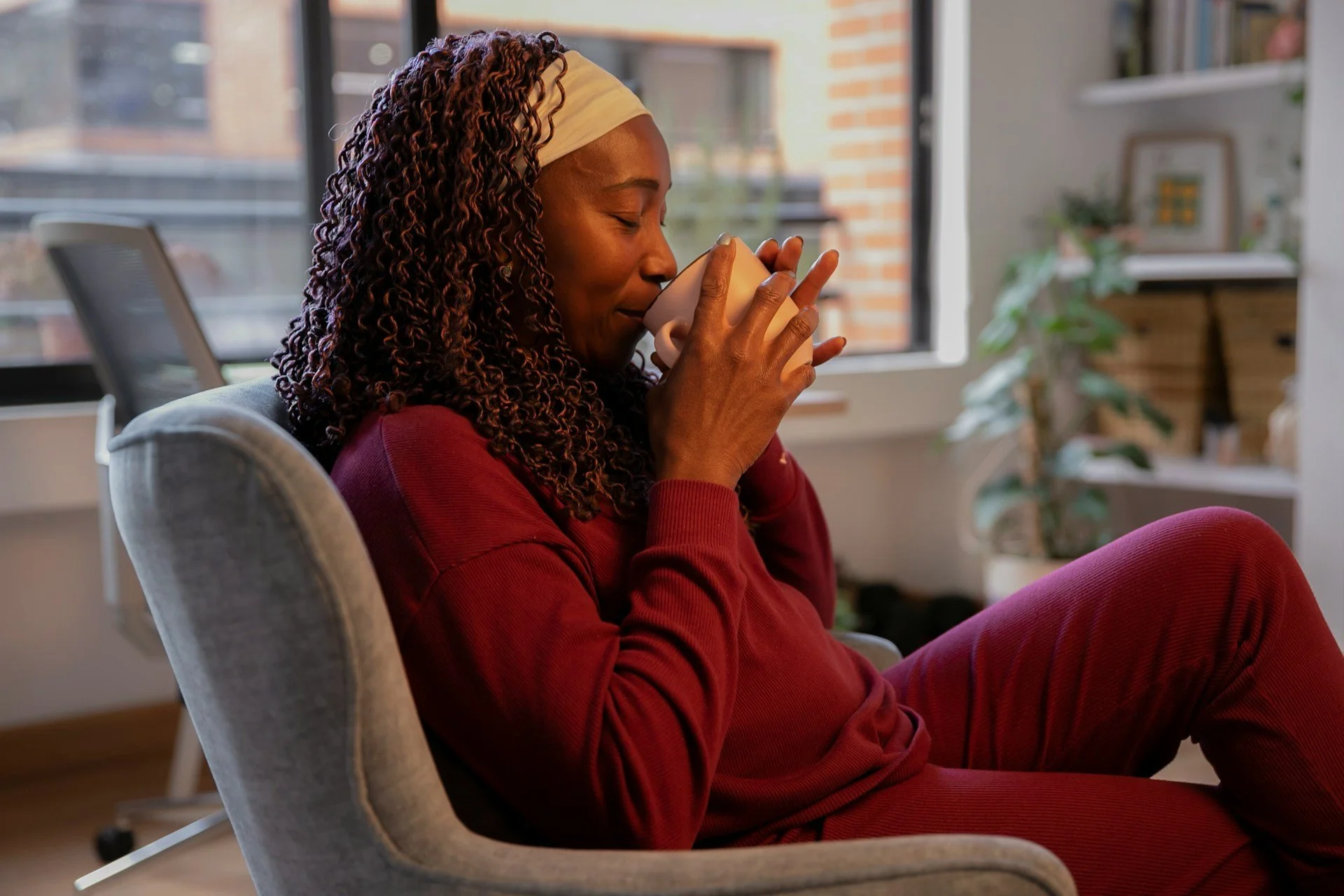Menopausal Symptoms
The menopause is when your periods stop permanently, marking the end of your reproductive years. It usually happens between the ages of 45 and 55, but symptoms can begin several years before this in the perimenopause (the transition phase leading up to menopause).
Frequently Asked Questions
-
Menopausal symptoms are caused by falling levels of the hormone oestrogen. This hormonal shift can affect many parts of the body and vary greatly from person to person.
-
Some women experience only mild symptoms, while others may find them significantly affect their quality of life. Symptoms can last for several years.
Symptoms may include:
Hot flushes – sudden feelings of heat, often with sweating
Night sweats – sweating during sleep, sometimes severe
Mood changes – low mood, anxiety, irritability
Sleep problems – difficulty falling or staying asleep
Irregular or heavy periods – before they eventually stop
Vaginal dryness or discomfort – which can cause pain during sex
Bladder issues – increased urgency or recurrent UTIs
Reduced sex drive
Joint and muscle aches
Brain fog or memory issues
-
For most women, HRT is safe and offers significant benefits. Your doctor will discuss your personal risks and help you decide if it’s right for you.
-
Yes, for many women, symptoms do improve over time. However, this can take several years, and treatment is available if they are affecting your daily life.
-
Yes. Falling oestrogen levels can increase the risk of osteoporosis (weakened bones) and, over time, may impact heart health. A healthy lifestyle and, in some cases, HRT can help protect against this.

